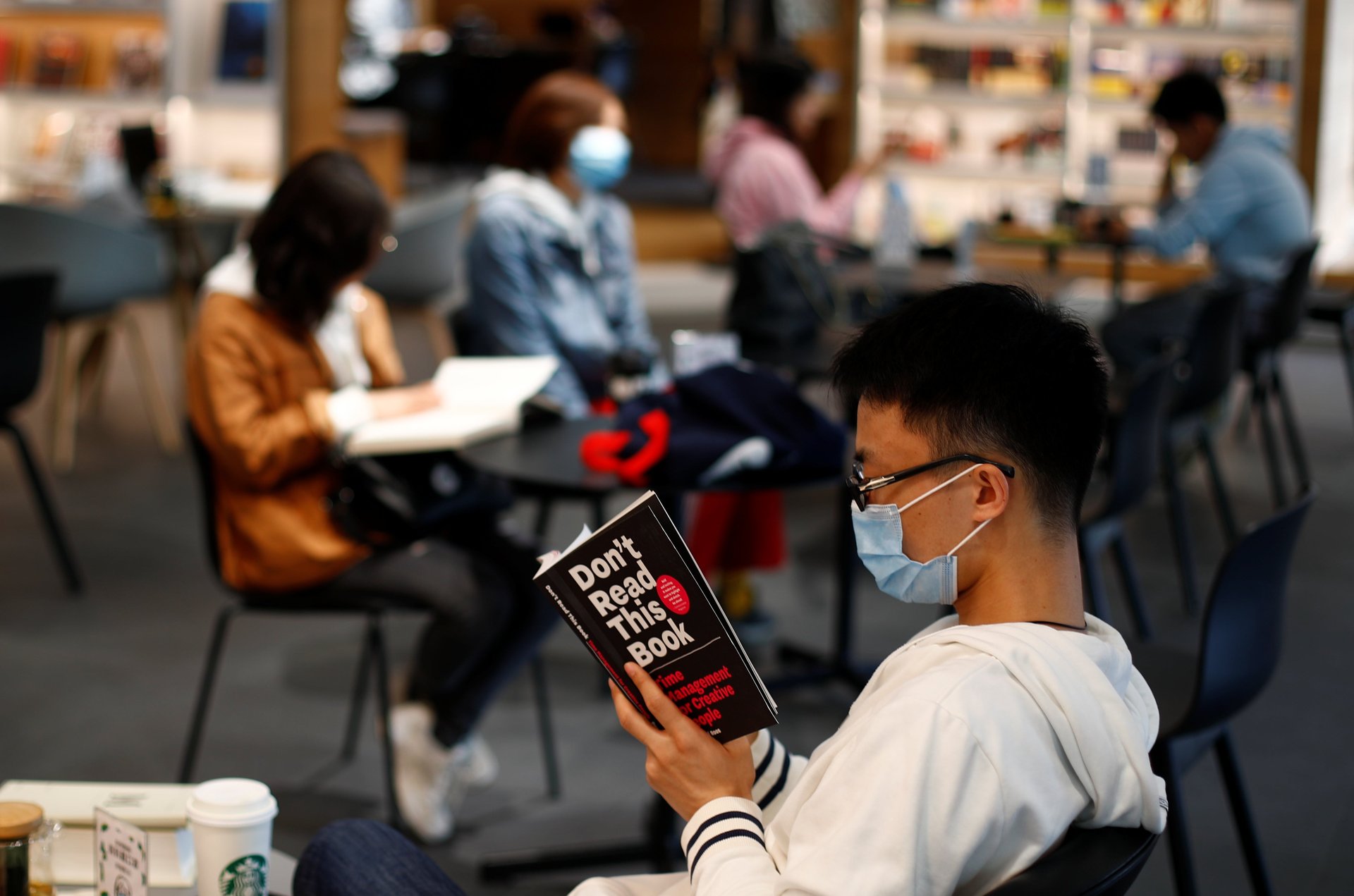A Chinese city sent vice cops to crack down on murder mystery games
Murder mystery games are big business in China. Requiring little more than a scripted storyline, a few players, a narrator, and a table to sit around, they are a decidedly low-tech form of entertainment in a world awash with high-tech options.


Murder mystery games are big business in China. Requiring little more than a scripted storyline, a few players, a narrator, and a table to sit around, they are a decidedly low-tech form of entertainment in a world awash with high-tech options.
By one count, China’s murder mystery game industry will boast sales of 15.4 billion yuan ($2.4 billion) this year from over nine million consumers. Meanwhile, Luoyang Kaka, a company that runs dozens of murder mystery shops and plans to rapidly scale up to 500 by next April, recently received 10 million yuan in an angel investment round, according to Chinese tech news outlet 36Kr (link in Chinese).
But there are signs that the Chinese government isn’t so pleased with the red-hot jubensha (“script murder”) industry, as the mystery games are known in China. Last month, the official news agency Xinhua criticized (link in Chinese) the murder mystery games for being increasingly violent and featuring supposedly unwholesome plot lines such as “human demons,” “nightclub murders,” and “people with possessed eyes.” Xinhua warned that minors could become addicted to the games, causing players “to confuse reality and drama, resulting in psychological problems.” Other major media outlets quickly shared Xinhua’s original post.
This recent flurry of negative coverage in the state media “could signal that momentum is building against offline activities,” noted an article in China Media Project, a University of Hong Kong-affiliated program that researches the Chinese media landscape.
Still, it’s not all doom and gloom for the industry: the state-run China Daily today ran a glowing story about overseas Chinese students returning home to start up their own jubensha businesses. But it would be imprudent to ignore state media’s sabre rattling. After all, strict limitations on video game playing time for kids unveiled in late August came just a few weeks after an official outlet called video games “spiritual opium.”
A concerted state crackdown on murder mysteries, if it were to materialize, would come on the heels of China’s Big Tech crackdown, which has taken aim at homegrown tech giants like Alibaba and Tencent, as well as online education, video games, and even fan culture.
While state action against the murder mystery games so far appears to be confined to mere criticism—and not particularly well received, prompting Xinhua to disable comments on its post, according to China Media Project—the Chinese city of Zhuzhou in Hunan province may provide a glimpse of what a proper crackdown could look like.
Last week, the Zhuzhou government’s anti-vice group launched a multi-bureau inspection of the local murder mystery game market, according to a report by the city’s Party-affiliated news site (link in Chinese). The tactic appears similar to inspections on tutoring service providers to identify those offering unlicensed after-school tuition in breach of government regulations.
The Zhuzhou inspectors visited six businesses where the murder mystery games are played, scruticizing the murder scripts for “harmful” content including obscenity, pornography, violence, cultism, superstition, gambling, and suicidal content, according to the news report. Officials also offered “business suggestions” to the enterprises, telling them they should bar minors from participating in scripts that contain “fear, violence and other contents harmful to minors’ physical and mental health.” More such “special rectification actions” against the city’s murder mystery businesses are expected.